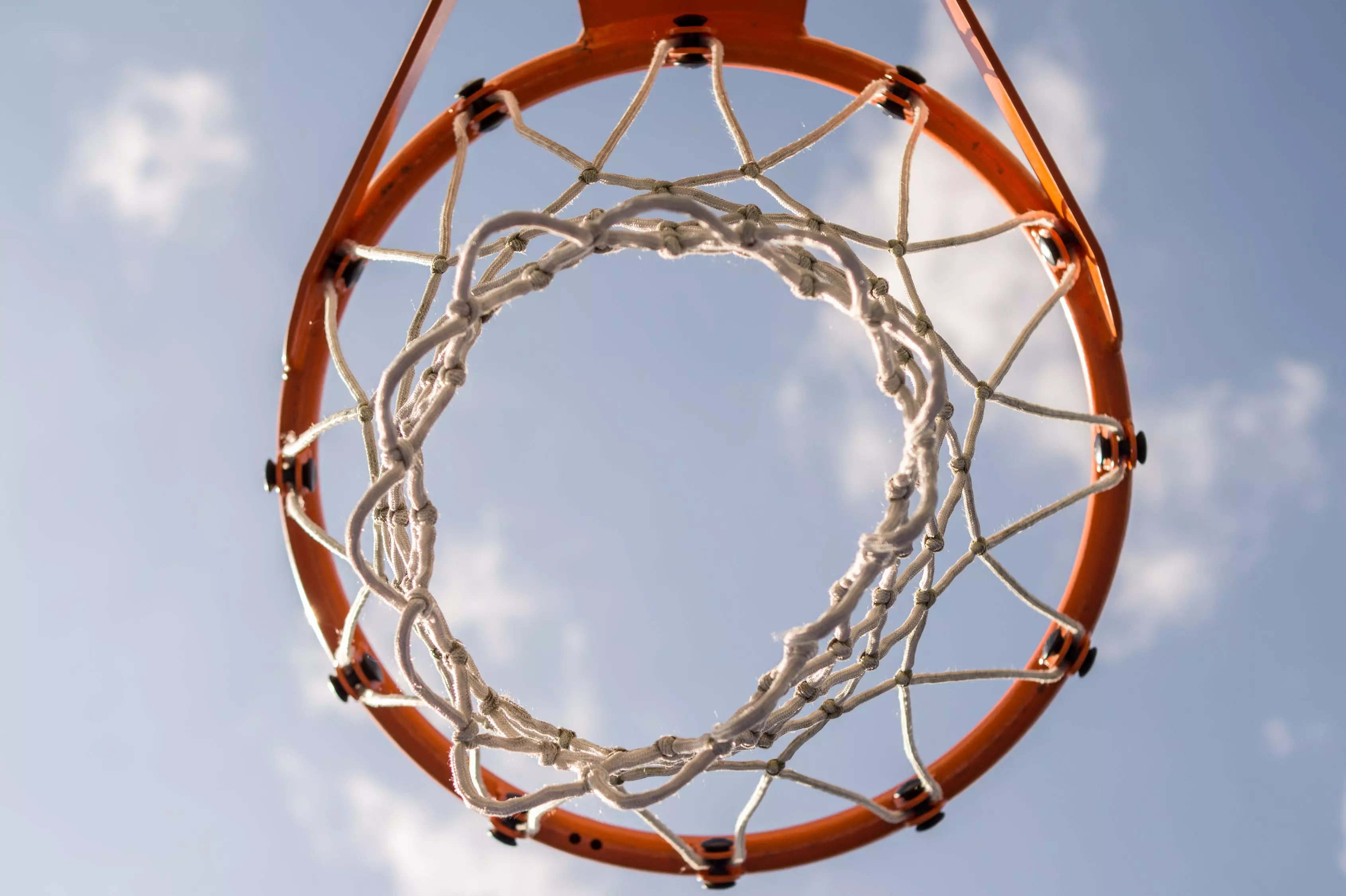Since I specialize in trauma and its impact on students, I have been encouraged to offer suggestions for how teachers, coaches and parents can help the many children affected by the untimely and tragic death of the basketball legend and his daughter — Kobe and Gigi.
I was/am concerned about offering suggestions. There is no one way to deal with trauma. So much depends on the context and the experiences of those struck by trauma, including their community response, their family support, their school support, their coaches reaction. And, for children who have experienced some adverse events before this newest trauma, the issues are more complex as past trauma is re-triggered by new trauma. I detail more about trauma in my forthcoming book, Trauma Doesn’t Stop at the School Door (Columbia TCPress June 2020) and address how trauma and trauma symptomology are so varied.
That said, I appreciate that events like this (and sadly they are not all that rare) leave good meaning folks who work with young people wondering what they can do to address the situation and help their children/teenagers and themselves cope more ably.
It is in that spirit that I offer these six suggestions/ ideas/thoughts/activities. Do reach out to me if you want should you want more details or information. Call this a starter kit — an initial foray into the tough terrain where trauma treads (alliteration intended).
- Pretending that dealing with the death of Kobe and his daughter is a short-lived experience that can be brushed off and forgotten is wrongheaded in most instances. Kobe was/remains a role model, a hero, a remarkable talent whose skills came into our living rooms with regularity. Just moving on will not work; it isn’t vaguely realistic to assume that because we say “don’t worry; this too shall pass” that children/teenagers will listen and move on.
- For those who are with groups of kids gathered together (a team, a class, an assembly), I’d suggest asking children/teenagers what they want to do to memorialize Kobe by offering them some options and then hearing their offerings. This allows for recognition of the issues and engagement. See Points 3 and 4 for some options.
- Several numbers have relevance to Kobe: Numbers 8 and 24. Suggest to children/teenagers that they do something (like the NBA players did) that incorporates this number: each team members shoots 24 free throws in honor of Kobe; students put the numbers 8 and 24 on their sneakers; players collectively hold the ball for 24 seconds — even if a violation of the shot clock (which is 30 seconds for younger kids). How about creating paper loops that interconnect into 8’s and signs of infinity? How about retiring bibs with those numbers? What about asking kids to bring in their Kobe memorabilia and set up a display case in his honor? What about reading his children’s books or seeing his short movie?
- We like experiential events like tree plantings and runs and hikes. But, the literature shows that memorials have more lasting effects. So, think about some activities with durability. What about sending something to the Lakers as a team? A card, a message, a video? What about creating a poem or story? What about having the school/coach/teachers buy a key chain or everyone with a basketball on it or the letter K or the numbers 8 or 24? Call it a memorial that one can carry in one’s backpack. And, one can pull it out or keep it hidden, depending on mood. One can clutch it or look at it or even ignore it. One can give it away to someone who needs it more.
- Untimely deaths are hard for everyone. They are out of order. And, they destroy our sense of balance, our stability, our security, our safety. We worry about our own fragility. Children worry about the deaths of those that are close to them — parents, guardians, coaches, friends. It is for this reason that the adults in the room need to be stable, they need to create structure and security and safety. They need to be there — physically and mentally. They need to point out that crashes like this are a rarity and they plan on being around for a long long time. This isn’t easy if the adults are struggling too. One exercise: have students/athletes stand on one foot for 30 seconds and then on the other foot for 30 seconds. The idea is finding (re-finding) one’s balance and breaking the autonomic nervous system cycle.
- Adults need to find ways to connect with children/teenagers in meaningful ways, showing they have a genuine interest in them. Gather them together; talk to them; keep the door open literally and figuratively; listen well and often; offer food; allow venting of emotions. Stated simply, we need to create space where people can feel and where those feeling are not pooh-poohed as childish or immature or unnecessary. It is not unusual to grieve for someone we did not know personally — think about Martin Luther King, Roberto Clemente, Len Bias, John Lennon, Lady Di and the list goes on. With the advent of mass social media, we “feel” we know people that we don’t know and that isn’t bad. We “care” and caring is a good thing.
I hope these are helpful. At a minimum, they offer a pathway forward so folks don’t feel lost in the trauma that surrounds us. That’s a good start.



Leave your comments
Post comment as a guest